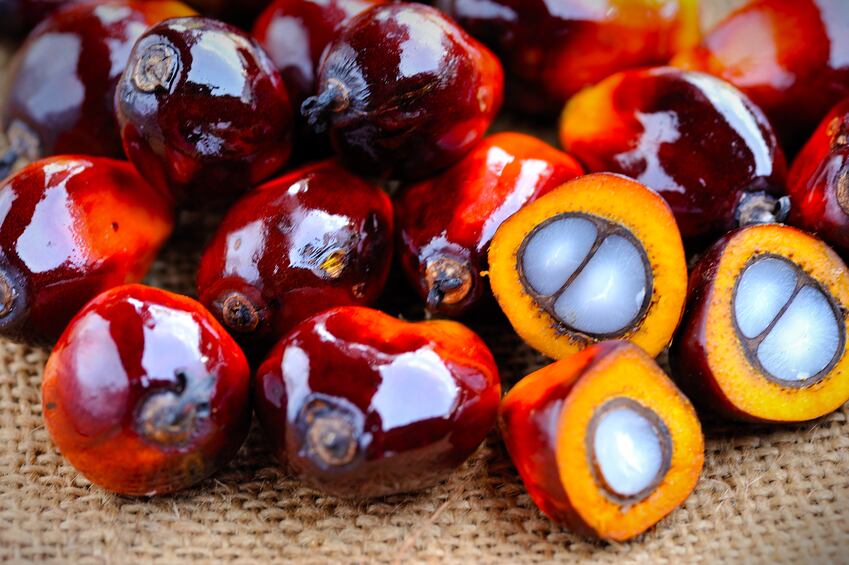The WWF’s ‘Palm Oil Buyers Scorecard’, now running for a decade, looked at 173 retailers, manufacturers and food service companies from Australia, Belgium, Canada, Denmark, Finland, France, Germany, Indonesia, Ireland, Italy, Malaysia, Netherlands, Poland, Portugal, Singapore, Sweden, Switzerland, the United Kingdom and the United States.
Each company was assessed according to their pledges to source sustainable palm oil and deforestation polices in their supply chains, among other things.
‘A decade of broken promises’
No company attained the top score in WWF’s new assessment. Brands have ‘failed to meet their own commitments on palm oil, contributing to the destruction of vulnerable habitats and species including orang-utans and elephants’, according to the WWF data.
“Long-standing commitments by brands and industry coalitions to eliminate the destruction of nature, including deforestation, from their palm oil supply chains have failed,” it said. “Not a single company attained the top score in WWF’s new assessment, and most still have a long way to go.”
WWF concluded that after more than a decade of awareness about the negative impacts of palm oil on forests, communities and climate, it was ‘totally unacceptable that any company using palm oil is moving too slowly or entirely dodging action’.
WWF-UK palm oil expert, Dr Emma Keller said: “Consumers don’t want their food or other purchases to come with a side order of deforestation and destruction of wildlife – but after a decade of promises, too many companies have failed to deliver.”
Palm oil: a riddle, wrapped in a mystery, inside a kernel…
Only consumer goods manufacturer Ferrero, the maker of Nutella, which is ironically the target of most palm oil vitriol from consumers, scored over 20 points (out of the maximum 22). According to WWF, this demonstrated that sustainable and deforestation-free palm oil in much-loved brands is achievable.
WWF is of the opinion that switching to sustainable palm oil, via certificates from the Roundtable on Sustainable Palm Oil (RSPO), is the best approach to tackle the much-documented environmental damage caused by palm oil.
That’s at odds with some other voices. Greenpeace, argues that sustainable palm is not achievable. But WWF insists that boycotting palm oil all together would be counterproductive as palm oil is not only extremely versatile – it’s also very productive, with a yield far greater than that of other vegetable oils, from a far smaller land area. Therefore, a switch to alternatives such as soya or coconut oil could put more habitat at risk. The industry also creates a huge number of jobs and is an important contributor to many local and national economies.
“The problems associated with palm oil are therefore not with the crop itself, but with the way it is produced… In order for this ‘sustainable palm oil’ to become the norm, companies purchasing palm oil must support it,” wrote WWF. It is therefore using its scorecard to encourage more take up of sustainable palm oil from companies.
Dr Keller added: “While we’re seeing positive steps being taken by the leading companies, too many are lagging behind and they’re out of excuses. 2020 needs to be a year of action against the ongoing destruction of nature.”


